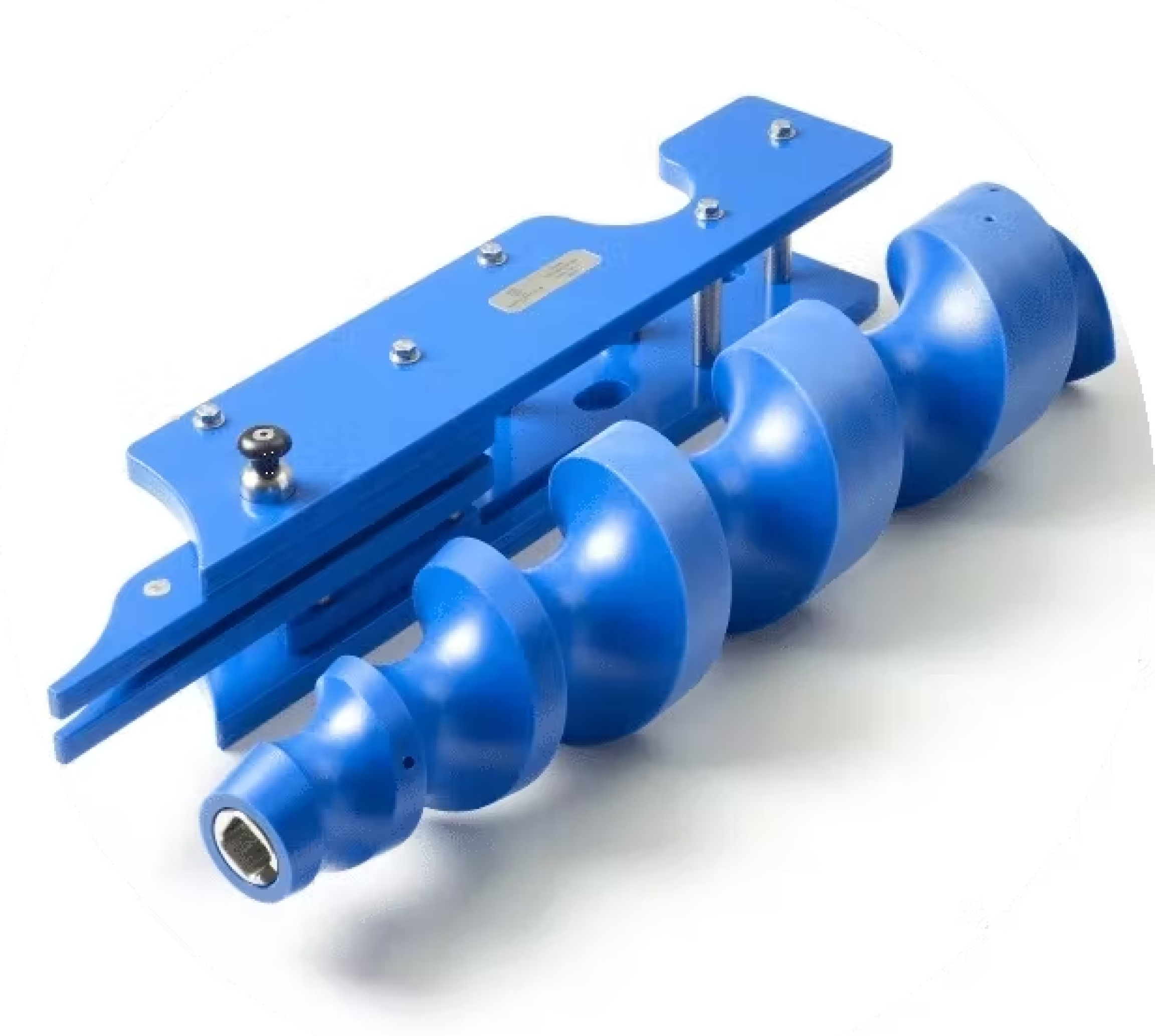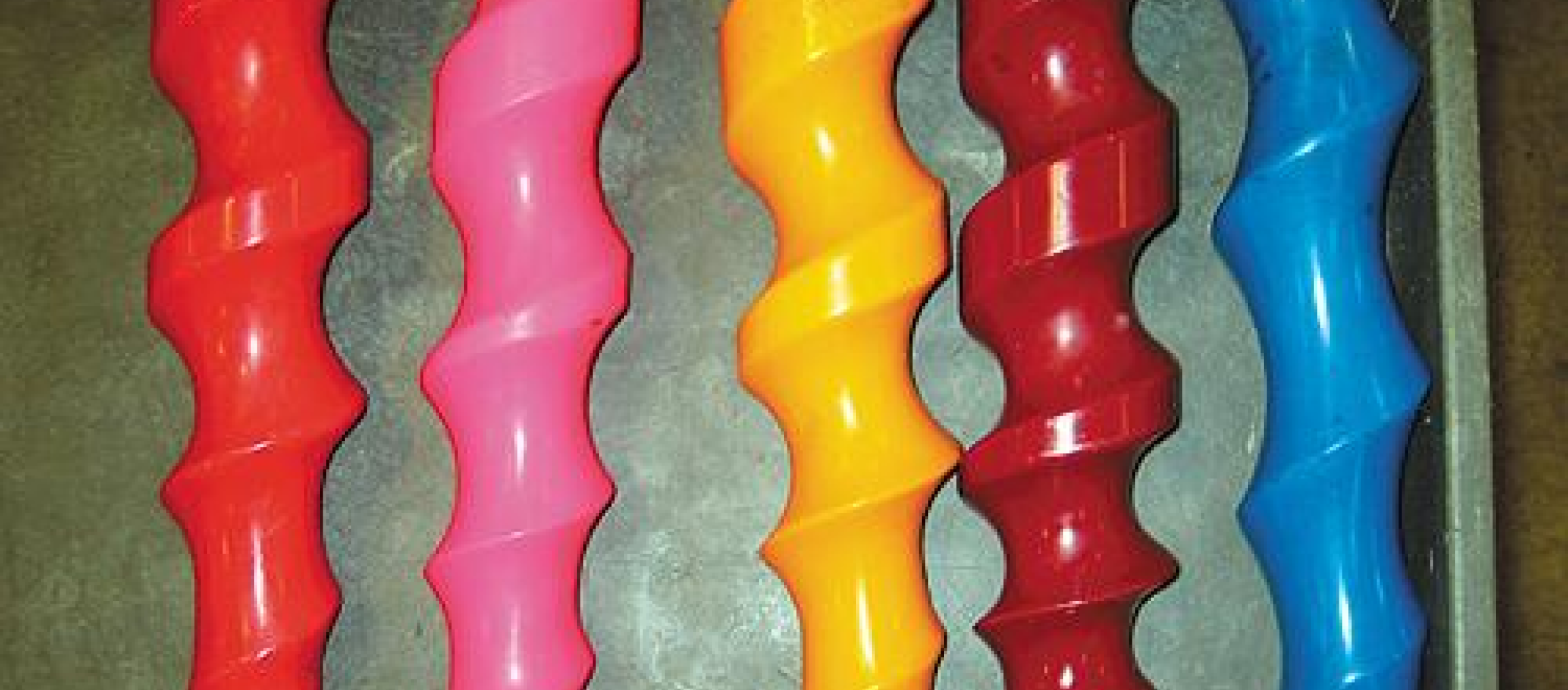The List of Most Common Materials Used by Timing Screws Manufacturers
Conveyor systems have undergone significant transformations over the years. A cornerstone of these systems, the timing screws, have experienced shifts not just in design, but critically in the materials from which they're made. As industries grow and operational needs diversify, understanding timing screw materials has become paramount for businesses. It's not just about functionality but longevity, efficiency, and cost-effectiveness.

Common Timing Screw Materials
The inception of timing screws dates back to the early days of automated manufacturing. As the conveyor systems evolved, the design, precision, and materials of timing screws underwent innovation. CSS International Corporation, with its rich legacy, has borne witness to these shifts. With over 75 years in business, we've seen first-hand how the right material choice can determine a timing screw's lifespan and performance.
Material selection goes beyond picking something durable. It's a science. It's an art. The American Society for Materials has extensively covered how material impacts the efficacy of industrial components like screws. The core functionality of every screw, especially timing screws, is profoundly influenced by its material. The choice can determine wear resistance, flexibility, and even how often maintenance interventions are needed. Think about it. A timing screw that demands constant attention can lead to operational interruptions, affecting the entire production line. This is why understanding materials is essential for anyone invested in the world of conveyor systems.
Metal Alloys
Aluminum: Aluminum timing screws prioritize power and efficiency. Produced for performance, not durability, they necessitate regular replacements. Being a silvery-white, soft non-magnetic metal, aluminum stands as the second most used metal after steel. Its lightweight nature facilitates faster production, making it a favorite among timing screw manufacturers.
Plastics and Polymers
UHMW: Ultra High Molecular Weight Polyethylene (UHMW) is a thermoplastic polyethylene. This type of material has an extremely high abrasion resistance, making it widely used by timing screw manufacturers.
Delrin: Known as Polyoxymethylene or acetal, Delrin is a specialized engineering thermoplastic commonly chosen for conveyor belt parts. Its combination of stiffness, low friction, and dimensional stability optimizes fast and efficient production lines.
Delrin: Known as Polyoxymethylene or acetal, Delrin is a specialized engineering thermoplastic commonly chosen for conveyor belt parts. Its combination of stiffness, low friction, and dimensional stability optimizes fast and efficient production lines.
Nylon: This material is valued for its toughness and lightweight properties. With a protein-like chemical structure, nylon can be molded or crafted as filaments and sheets. Though pricier, its attributes make it a recommended choice by many timing screw manufacturers.
Nylatron: A member of the nylon plastics category, Nylatron incorporates a specific chemical powder, enhancing its wear-resistance when casting plastic parts for machinery.
Teflon: Officially recognized as Polytetrafluoroethylene, Teflon is a versatile synthetic fluoropolymer applicable in numerous areas, making it an invaluable asset for timing screw manufacturers.
Longevity, Maintenance, and the Material Connection
Any business owner or operational head knows that maintenance can be both a boon and a bane. While regular check-ups are essential, unexpected maintenance can disrupt workflows. Here's where material plays a quiet yet crucial role. A timing screw made from high-grade material can significantly reduce unscheduled maintenance. It ensures that the other parts in contact with the screw also face reduced wear and tear.

The CSS International Stance on Material Excellence
Our approach is simple yet profound: Craftsmanship and Quality. Every timing screw we produce, every part we design, embodies this ethos. It's not just about meeting industry standards but setting them. Our deep dives into material research ensure that our clients always receive products at the forefront of technological innovation. Case studies across our vast clientele highlight these commitments. From reducing operational costs to enhancing system longevity, our material choices have driven tangible benefits for businesses.
Peering into the Future: Next-Gen Materials
While the current landscape of timing screw materials offers extensive choices, the future promises even more. Researchers worldwide are exploring materials that are more sustainable, efficient, and durable. At CSS International, our R&D wing is in sync with these global trends, ensuring that as new materials emerge, we're among the first to harness their potential for our products.
In the grand scheme of conveyor systems, timing screws might seem like a small component. Yet, their impact is enormous. And central to their efficiency is the material from which they're made. As industries evolve and demands shift, partnering with experts like CSS International Corporation ensures that businesses are always equipped with the best.
For a deeper exploration into the world of timing screws, materials, and the intricate dance of efficiency and design, CSS International Corporation's resources are invaluable. We also recommend industry journals and forums where global experts discuss trends, challenges, and the future of conveyor system materials.